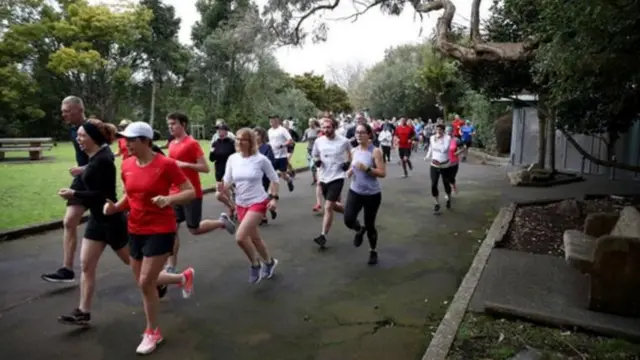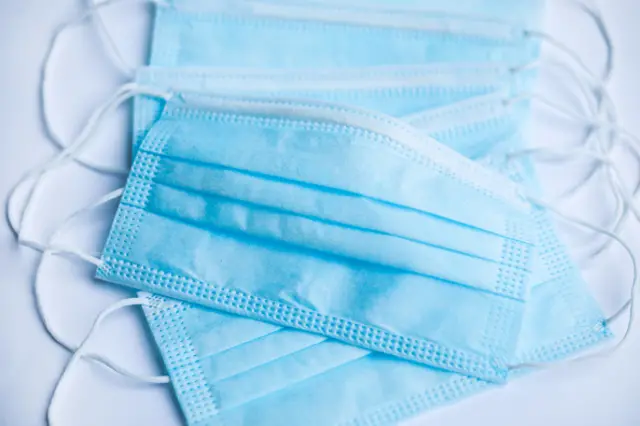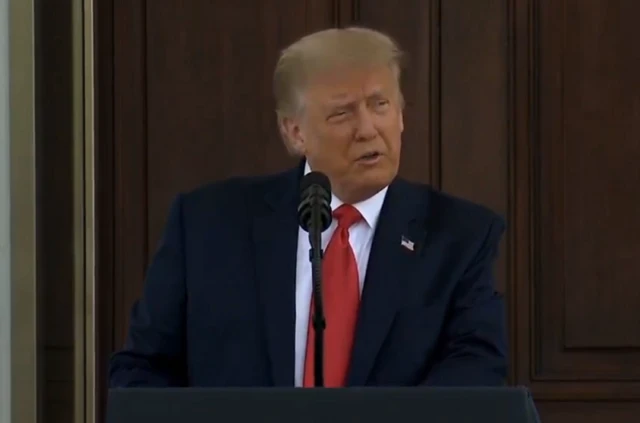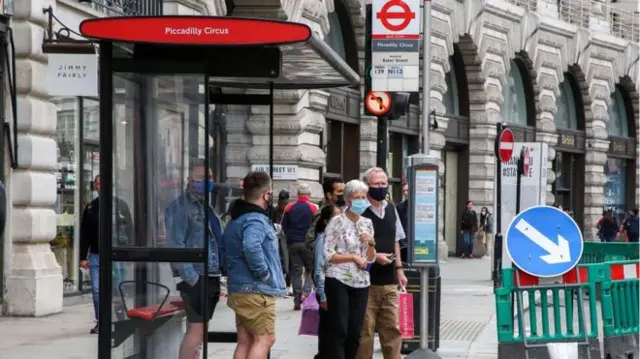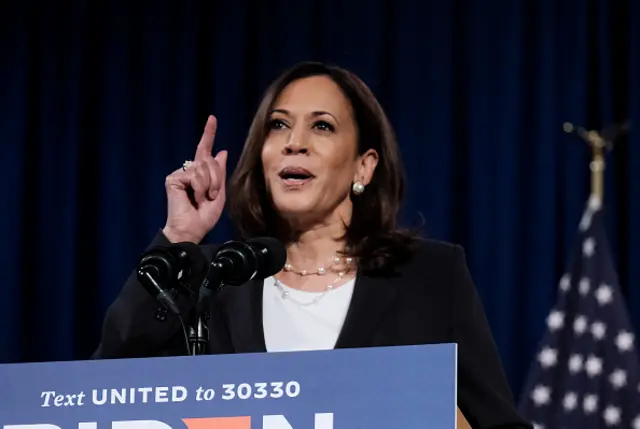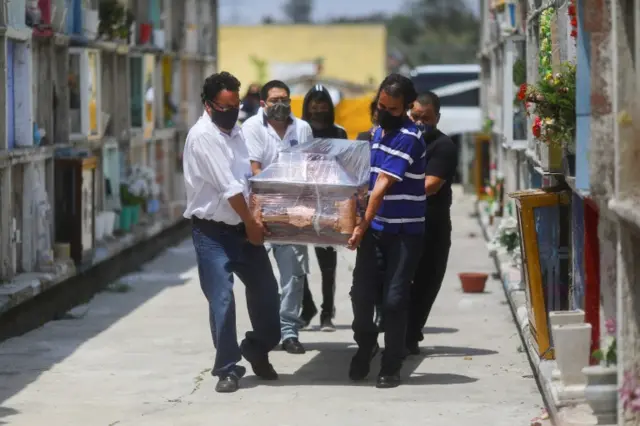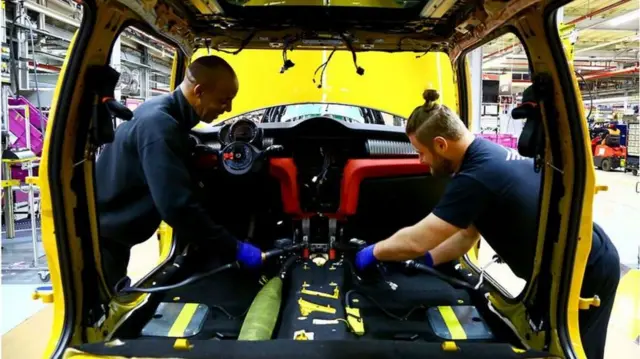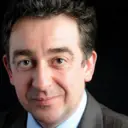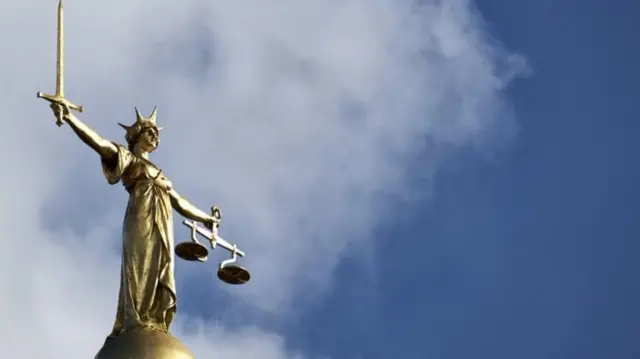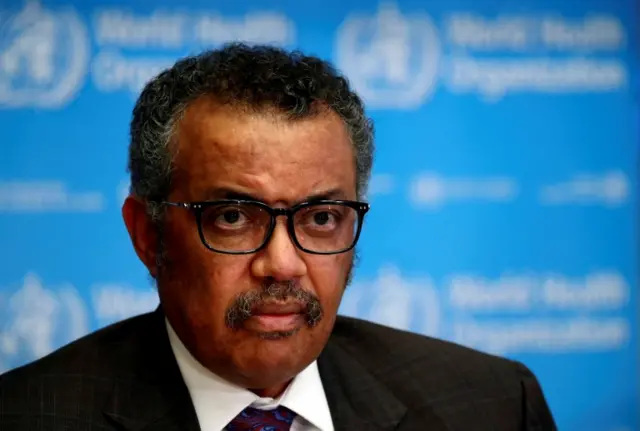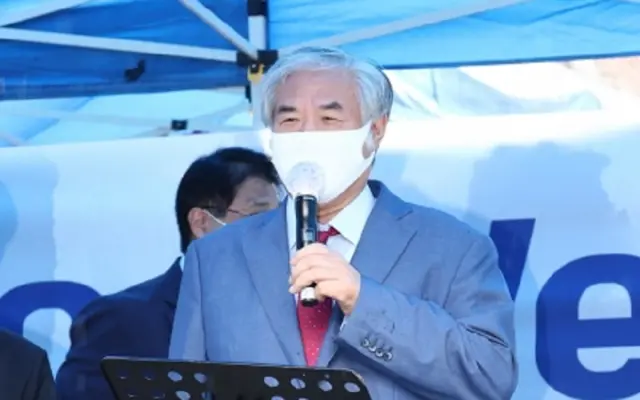We’re ending our live coverage for todaypublished at 19:50 BST 7 September 2020
We’re suspending our live page coverage for the day. Thanks for joining us. Come back again tomorrow for more updates.
Today’s coverage was brought to you by Joshua Nevett, Hazel Shearing, Joshua Cheetham, Paulin Kola, Lauren Turner and Ella Wills.
Before we wrap up, here’s an overview of all the main developments from across the world today:
- India recorded more than 90,000 new cases of Covid-19, taking its total above that of Brazil
- Spain became the first country in western Europe to record half a million infections, after tallying more than 26,000 new infections over the weekend
- President Donald Trump said a US-made vaccine against the coronavirus may be ready by October, shrugging off safety concerns expressed by Democrats
- Russia said it would give its coronavirus vaccine to volunteers this week in a post-registration phase of testing
- The head of the World Health Organization (WHO) warned the world to be better prepared for the next pandemic, as he urged countries to invest in public health
- The postponed Tokyo Olympic Games will go ahead next year "with or without Covid", the vice-president of the International Olympic Committee said
